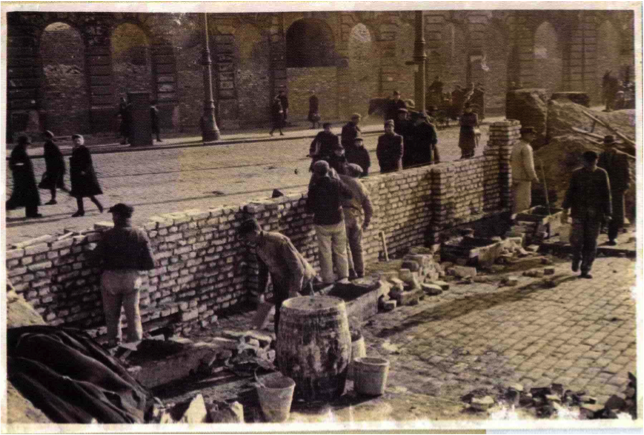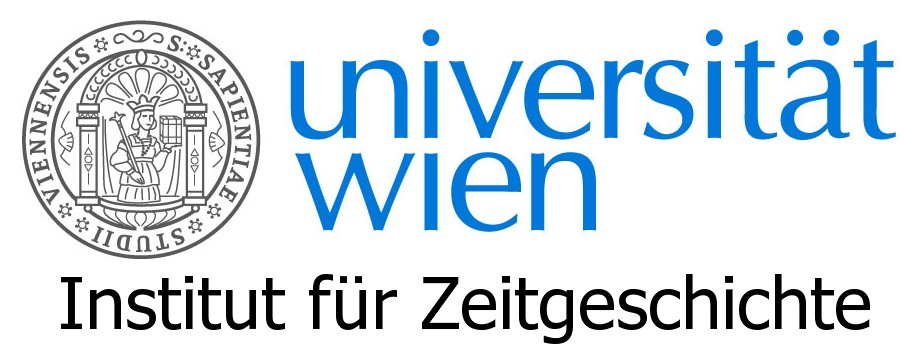VWI invites/goes to...
Cycle of VWI Fellows’ Colloquia
The VWI fellows present their intermediary research results in the context of colloquia which are announced to a small audience and are open to a public audience with an academic and topical interest. The lectures are complemented by a response or commentary by an expert in the given field and are discussed with the other fellows.
Due to the previous lack of an appropriate space, the colloquia were held at other Viennese research and cultural institutions with a topical or regional connection to the given subject. From this circumstance was born the “VWI goes to …” format.
With the move to a new institute building at Rabensteig 3, the spatial circumstances have changed, so that the VWI is now happily able to invite other research and cultural institutions. Therefore, the VWI is now conducting its colloquia both externally and within its own building, in the framework of continued co-operation with other institutions.
The new cycle of fellows’ colloquia “VWI invites/goes to …” is not only able to reach a broader circle of interested persons, but moreover integrates the VWI further into the Viennese scholarly establishment, perhaps even crossing borders into the greater regional research landscape.
| VWI invites/goes to... | |||
| Justyna Majewska: "I Don't Know When Exactly...", The Idea of Time: Understanding Present and Future in the Warsaw Ghetto | |||
Thursday, 4. April 2019, 12:00 - 14:00 Institut für Zeitgeschichte der Universität Wien, Seminarraum 2, Spitalgasse 2-4, 1090 Wien
|
|||
VWI goes to the University of Vienna
Using the sociological concepts of quantitative and qualitative time, the presentation will cover how Jews understood social time, 'colonised' the future, and perceived the past, present and future in the Warsaw Ghetto. Answers to question of time will be drawn from documents gathered already during the war by the Underground Archive of the Warsaw Ghetto (Ringelblum Archive). Justyna Majewska is a Junior Fellow at the Vienna Wiesenthal Institute for Holocaust Studies and a Ph.D. candidate at the Institute of Philosophy and Sociology at the Polish Academy of Sciences. She also works in the Research Department at the Jewish Historical Institute in Warsaw. She has published in Zagłada Żydów. Studia i materiały (Holocaust Studies and Materials) and East European Jewish Affairs. |
|||







 Justyna Majewska’s dissertation,
Justyna Majewska’s dissertation, 
